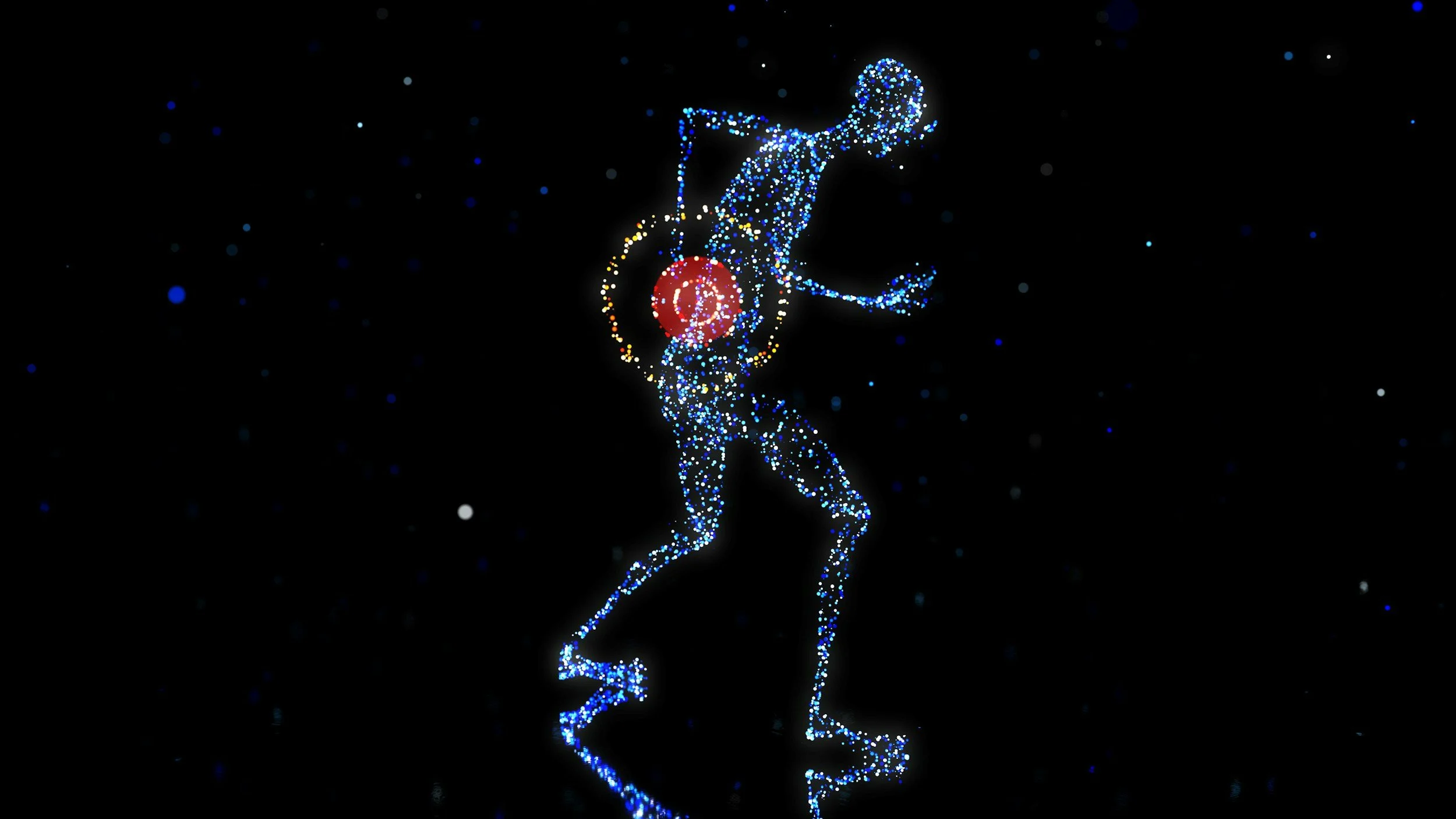The Benefits of Holistic Methods in Mental Health Treatment
/Mental health treatment has evolved far beyond the traditional approach of medication and talk therapy alone. While these remain essential for many people, there is growing recognition that emotional well-being is deeply connected to physical health, lifestyle habits, and even spiritual fulfillment. A robust body of research now demonstrates that regular physical activity improves mood, emotional states, and sleep quality, all of which can reduce symptoms of anxiety and depression.
Holistic methods in mental health treatment focus on addressing the whole person: mind, body, and spirit, rather than treating symptoms in isolation. This comprehensive approach can help people not only reduce mental health symptoms but also strengthen resilience, improve overall health, and find deeper life satisfaction.
Holistic care in mental health is not about replacing evidence-based therapies but enhancing them. By integrating multiple dimensions of wellness, individuals may see greater improvements in mood, coping skills, and long-term stability.
In this article, we review how holistic methods are increasingly embraced in treatment centers, outpatient programs, and even primary care settings as an important complement to traditional psychiatric care.
Understanding Holistic Mental Health Treatment
Holistic mental health treatment combines conventional therapies such as psychotherapy, psychiatry, and counseling with integrative practices that support overall wellness. These can include mindfulness, meditation, nutritional therapy, exercise programs, art therapy, yoga, massage, acupuncture, and other lifestyle interventions. The core philosophy is that mental and emotional health are inseparable from physical well-being, social connection, and spiritual balance.
One key reason holistic methods resonate with many people is that they provide a personalized path to healing. Mental health challenges often arise from a combination of biological, environmental, and personal factors. A holistic plan can be adapted to target these influences more effectively than a one-size-fits-all approach.
The Connection Between Physical and Mental Health
There is substantial evidence showing that physical health has a profound effect on mood and mental functioning. For example, regular exercise for as little as 20-30 minutes a day can help regulate neurotransmitters such as serotonin and dopamine, which are linked to depression and anxiety. Nutrition also plays a significant role; deficiencies in certain vitamins and minerals can impact cognitive function and emotional stability.
Holistic treatment takes these connections seriously, often incorporating exercise therapy, nutritional counseling, and sleep hygiene strategies alongside mental health counseling. By improving the body’s overall functioning, these approaches can help stabilize mood, enhance focus, and reduce the severity of symptoms.
Mindfulness and Stress Reduction Techniques
Stress is a common trigger and aggravator of mental health symptoms. Mindfulness-based practices such as meditation, deep-breathing exercises, and progressive muscle relaxation can help individuals manage stress more effectively. These techniques train the brain to stay grounded in the present moment, reducing rumination and emotional reactivity.
Mindfulness has been shown to improve symptoms in conditions such as generalized anxiety disorder, depression, and post-traumatic stress disorder. In a treatment setting, mindfulness may be taught in both individual and group formats, allowing people to practice new skills that they can carry into daily life.
Creative and Expressive Therapies
Art therapy, music therapy, and creative writing can be powerful tools for individuals who struggle to express themselves verbally. These therapies provide a safe outlet for processing emotions and exploring personal identity. In holistic mental health programs, such as one offered at an accredited holistic mental health facility, creative expression is not only therapeutic but also empowering, helping individuals reconnect with their strengths and passions.
Such modalities can complement talk therapy by allowing clients to work through trauma, grief, or complex emotions in a nonverbal and less confrontational way. The sense of accomplishment and self-discovery that comes from creative work can also bolster self-esteem and motivation.
The Role of Social and Spiritual Connection
Human beings are inherently social, and a lack of connection can worsen mental health issues. Holistic treatment often includes opportunities to build supportive relationships, whether through group therapy, community activities, or peer support programs. These social interactions can help reduce isolation and reinforce a sense of belonging.
For some individuals, spirituality, whether rooted in religion, personal philosophy, or connection with nature, plays a crucial role in recovery. Spiritual practices can provide a framework for meaning, hope, and purpose, which are protective factors against relapse and despair. Holistic programs may integrate meditation, nature therapy, or guided reflection to nurture this dimension of health.
Integrating Holistic Methods into Evidence-Based Care
One of the strengths of holistic mental health treatment is its adaptability. A client might engage in cognitive behavioral therapy while also participating in yoga sessions and nutritional counseling. Another might combine medication management with mindfulness training and art therapy. This flexibility allows providers to tailor care plans to each individual’s needs and preferences.
Evidence-based treatments remain the foundation of mental health care, but holistic methods can help bridge the gap between symptom reduction and whole-person healing. By addressing underlying lifestyle factors and emotional patterns, holistic approaches may reduce the likelihood of relapse and improve overall quality of life.
Potential Benefits for Long-Term Recovery
People who integrate holistic methods into their treatment plans often report these benefits:
Improved coping strategies for stress and emotional triggers
Greater sense of self-awareness and personal agency
Enhanced physical health and energy levels
Stronger connections with others and a sense of community
Increased resilience against future mental health challenges
These benefits are not only valuable during active treatment but can also provide lasting tools for self-care after formal therapy ends.
Finding the Right Holistic Support
When exploring holistic mental health options, it is important to work with qualified professionals. This ensures that any integrative treatments are safe, evidence-informed, and appropriate for an individual’s specific condition. Reputable treatment centers, including a specialized inpatient treatment center, often employ specific teams that can coordinate care between psychiatrists, therapists, nutritionists, and holistic practitioners.
It is also important to remember that not every holistic method works for every person. A period of exploration can help identify which approaches resonate most. Tracking changes in mood, energy, and stress levels can help guide adjustments over time.
Take The Holistic Path to Your Recovery
Holistic methods in mental health treatment offer a comprehensive, person-centered approach that goes beyond simply alleviating symptoms. By addressing physical health, emotional resilience, social connection, and personal meaning, these methods can help people build stronger foundations for long-term wellness. As mental health care continues to evolve, the integration of holistic practices alongside traditional therapies is likely to become an increasingly common and valued path to recovery.
When thoughtfully combined with evidence-based treatments, holistic methods can empower individuals to take a more active role in their healing journey, providing tools and insights that support both mental and overall health for years to come.
About the Author:
Brent Osnato has worked in Sober Living Admissions as a BHT and IOP Director in prior roles at Purpose Healing Center. As the Director of Operations now for Purpose he is an integral member of the treatment team and enjoys organizing, problem solving and assisting clients in their early recovery needs.
You may also be interested in…











































Mental health treatment has evolved far beyond the traditional approach of medication and talk therapy alone. While these remain essential for many people, there is growing recognition that emotional well-being is deeply connected to physical health, lifestyle habits, and even spiritual fulfillment. A robust body of research now demonstrates that regular physical activity improves mood, emotional states, and sleep quality, all of which can reduce symptoms of anxiety and depression.